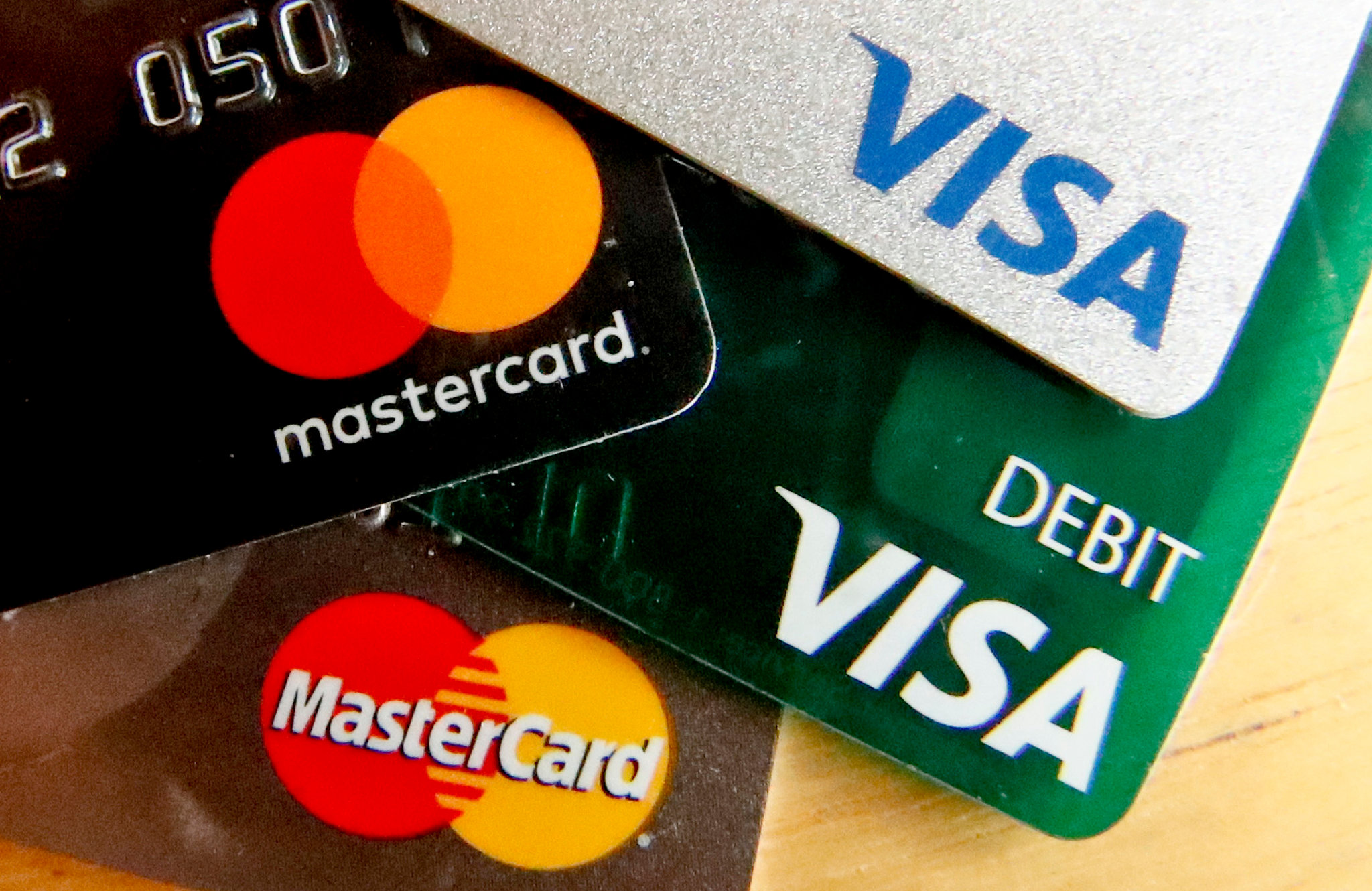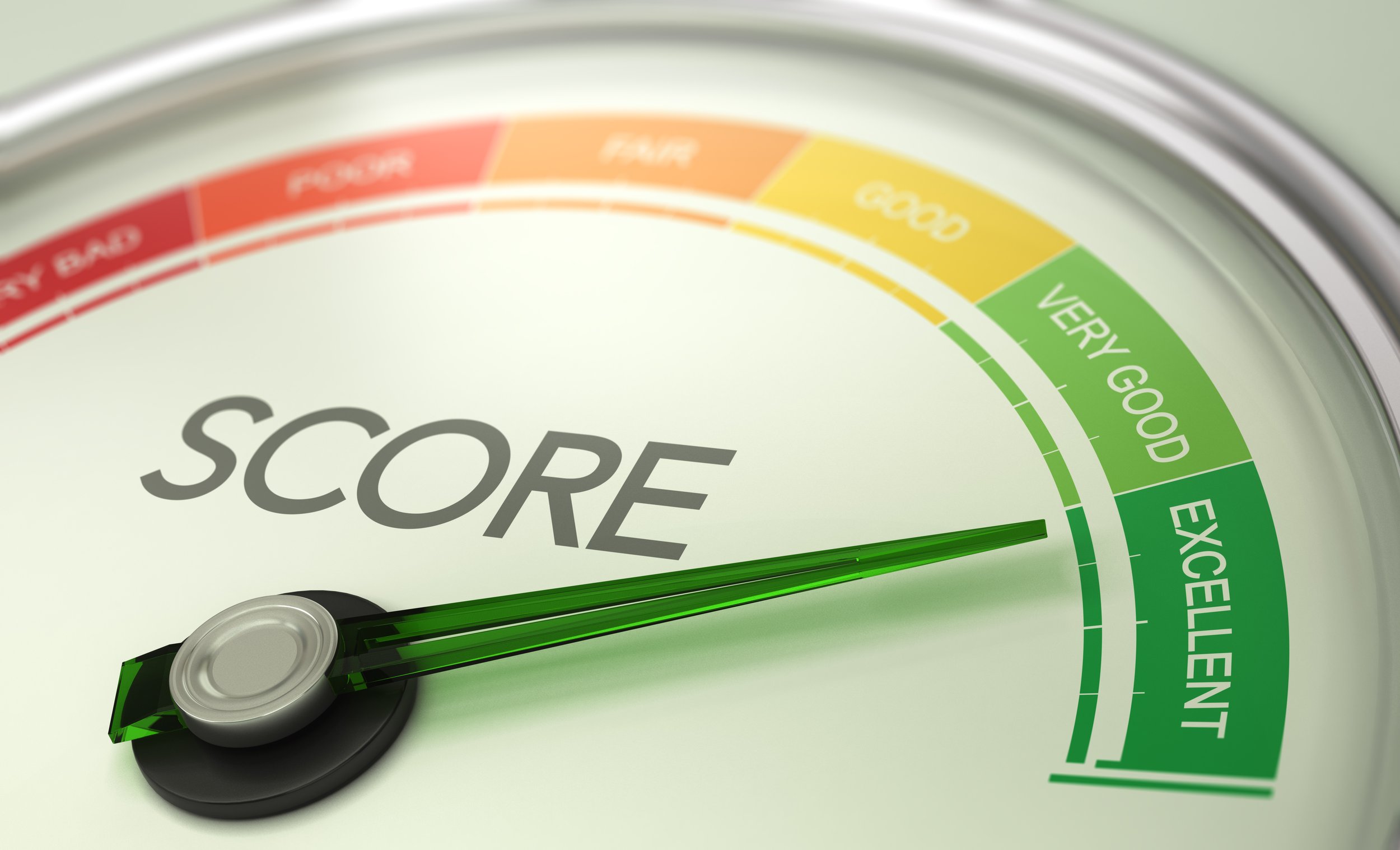Credit – Everything You Need to Know
H1: Credit – Everything You Need to Know
- Introduction to credit
- Importance of credit in financial management
H2: Types of Credit
- H3: Revolving Credit (Credit Cards)
- H3: Installment Credit (Loans and Mortgages)
- H3: Open Credit (Utility Bills and Subscriptions)
- H3: Secured vs. Unsecured Credit
H2: How Credit Works
- Borrowing money and repayment terms
- Interest rates and fees
- Credit utilization ratio
H2: Credit Score – What It Is and Why It Matters
- Factors affecting credit scores
- Credit score ranges and their meanings
- How to check your credit score
H2: How to Build and Improve Your Credit Score
- Paying bills on time
- Reducing debt and credit utilization
- Avoiding too many credit inquiries
H2: Common Credit Mistakes to Avoid
- Missing payments
- Maxing out credit cards
- Applying for too many loans at once
H2: Benefits of Having Good Credit
- Lower interest rates on loans
- Better chances of loan approval
- Higher credit card limits
H2: How to Fix Bad Credit?
- Checking and disputing errors on credit reports
- Debt consolidation options
- Seeking professional credit counseling
H2: Credit Cards vs. Loans – Which One is Better?
- Pros and cons of credit cards
- Pros and cons of loans
- When to use each option
H2: How to Use Credit Responsibly
- Creating a budget for credit usage
- Paying more than the minimum balance
- Monitoring credit reports regularly
H2: Understanding Credit Reports
- What is included in a credit report?
- How to obtain a free credit report
- How long negative information stays on a report
H2: Myths and Misconceptions About Credit
- Closing old credit accounts improves your score
- Checking your credit score lowers it
- You need to carry a balance to build credit
H2: The Role of Credit in Buying a Home or Car
- Mortgage approval process
- Auto loan interest rates based on credit score
- Tips for securing the best loan terms
H2: How Businesses Use Credit
- Business credit scores
- How companies secure loans and credit lines
- Impact of business credit on growth
H2: Conclusion
- Summary of key takeaways
- Final tips on managing credit wisely
H2: FAQs
- What is the minimum credit score needed for a loan?
- How long does it take to build good credit?
- Can I get a credit card with no credit history?
- What happens if I don’t pay my credit card bill?
- How can I check my credit score for free?
 Credit – Everything You Need to Know
Credit – Everything You Need to Know
Introduction to Credit
Credit plays a vital role in financial management. Whether you’re applying for a mortgage, getting a car loan, or using a credit card, your credit history determines your financial opportunities.
At its core, credit is the ability to borrow money or access goods and services with a promise to pay later. Lenders, banks, and credit institutions evaluate your creditworthiness to decide whether to approve your request for credit.
In this guide, we’ll explore the different types of credit, how it works, and how to manage it wisely to improve your financial future.
Types of Credit
Revolving Credit (Credit Cards)
Revolving credit allows borrowers to spend up to a specific limit and repay it over time. Examples include:
- Credit cards – Allow flexible payments with a minimum due amount.
- Personal lines of credit – Funds that can be borrowed and repaid as needed.
This type of credit is convenient, but high interest rates can lead to debt if not managed responsibly.
Installment Credit (Loans and Mortgages)
Installment credit involves borrowing a fixed amount and repaying it in scheduled payments. Examples include:
- Personal loans – Fixed payments over months or years.
- Mortgages – Home loans with long-term repayment plans.
- Auto loans – Fixed monthly payments for vehicle purchases.
Open Credit (Utility Bills and Subscriptions)
Open credit includes bills that vary each month but must be paid in full, such as:
- Electricity, water, and internet bills
- Subscription services like Netflix or gym memberships
These payments are not always reported to credit bureaus, but missed payments can harm your credit.
Secured vs. Unsecured Credit
- Secured Credit: Requires collateral (e.g., mortgages and car loans).
- Unsecured Credit: No collateral is required (e.g., credit cards, personal loans).
Unsecured credit often has higher interest rates due to increased lender risk.
How Credit Works
Understanding how credit works is essential for managing debt wisely.
- Borrowing Money: When you use credit, you’re borrowing funds that must be repaid.
- Repayment Terms: Credit agreements define due dates, minimum payments, and interest charges.
- Interest Rates: High-interest loans and credit cards can cost more over time.
- Credit Utilization Ratio: Keeping your credit usage below 30% of your limit helps maintain a good credit score.
Credit Score – What It Is and Why It Matters
Your credit score is a numerical representation of your creditworthiness.
Factors Affecting Credit Scores
- Payment History (35%) – Paying on time boosts your score.
- Credit Utilization (30%) – Using too much credit can lower your score.
- Credit History Length (15%) – Older accounts improve your credit score.
- New Credit Inquiries (10%) – Applying for too many loans can hurt your score.
- Credit Mix (10%) – Having different types of credit (loans, credit cards) is beneficial.
Credit Score Ranges
- Excellent (750-850) – Best loan terms and interest rates.
- Good (700-749) – Generally approved for loans with favorable rates.
- Fair (650-699) – May qualify for loans but with higher interest.
- Poor (600-649) – Limited loan options with high fees.
- Very Poor (300-599) – Difficult to get approved for loans or credit.
How to Build and Improve Your Credit Score
- Pay bills on time – Late payments hurt your score.
- Keep credit utilization low – Aim for under 30% usage.
- Avoid excessive credit inquiries – Too many applications can lower your score.
- Check your credit report regularly – Dispute any errors you find.
Common Credit Mistakes to Avoid
- Missing payments – Leads to late fees and credit damage.
- Maxing out credit cards – Increases debt and lowers your credit score.
- Ignoring your credit report – Errors can negatively impact your score.
Benefits of Having Good Credit
- Lower interest rates on loans and credit cards
- Easier loan approvals
- Higher credit limits
- Better rental and job opportunities
Conclusion
Credit is a crucial aspect of financial stability. Managing it responsibly allows you to secure better loan terms, lower interest rates, and financial freedom. By avoiding common mistakes and staying informed, you can build a strong credit profile that opens doors to numerous financial opportunities.
FAQs
- What is the minimum credit score needed for a loan?
- Most lenders require at least a 620 score, but higher scores secure better rates.
- How long does it take to build good credit?
- Typically, six months of responsible credit use establishes a score.
- Can I get a credit card with no credit history?
- Yes, secured credit cards or student credit cards are good options.
- What happens if I don’t pay my credit card bill?
- Late fees, higher interest rates, and damage to your credit score.
How can I check my credit score for free?
- Many banks and websites offer free credit score checks.
